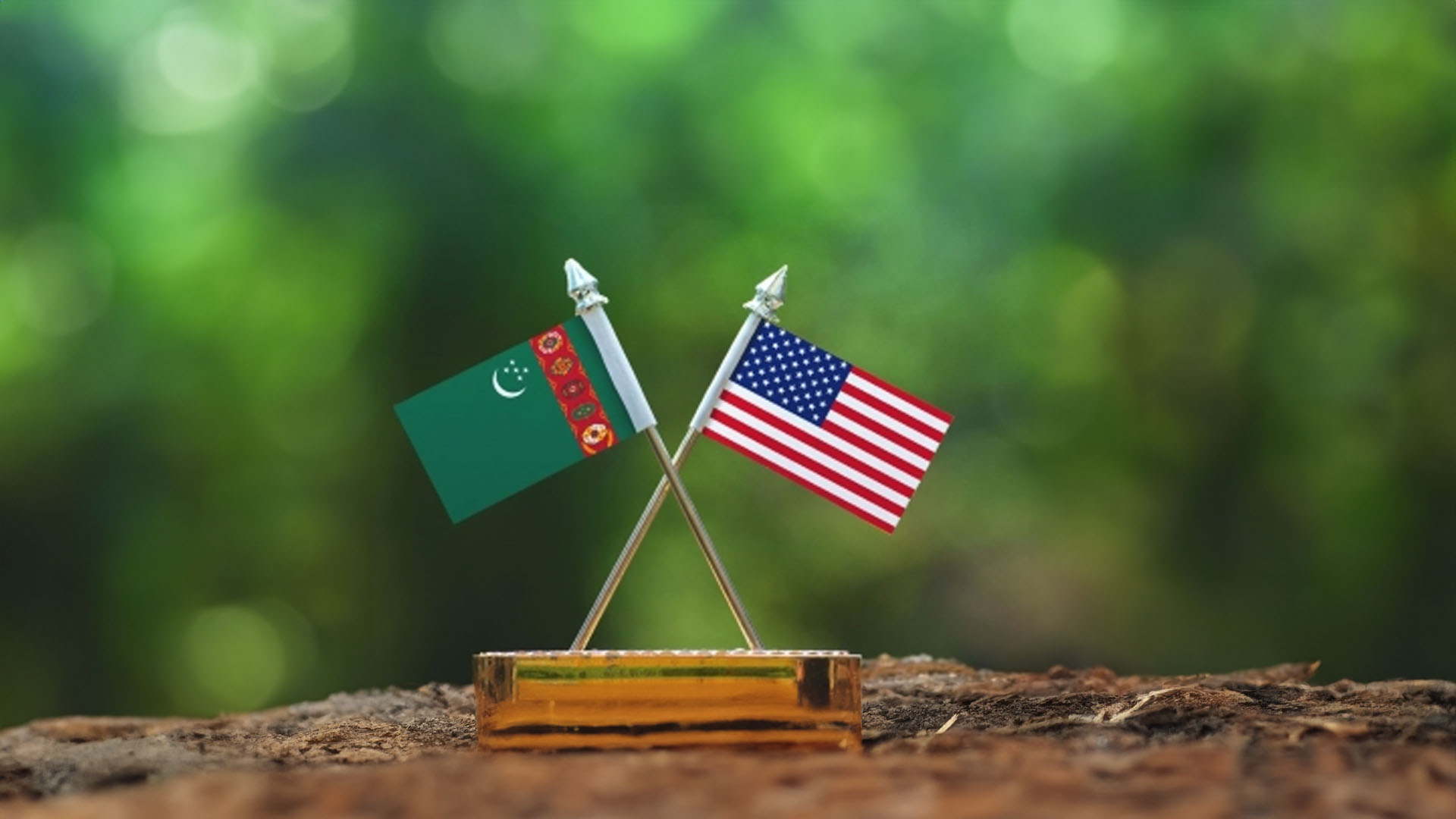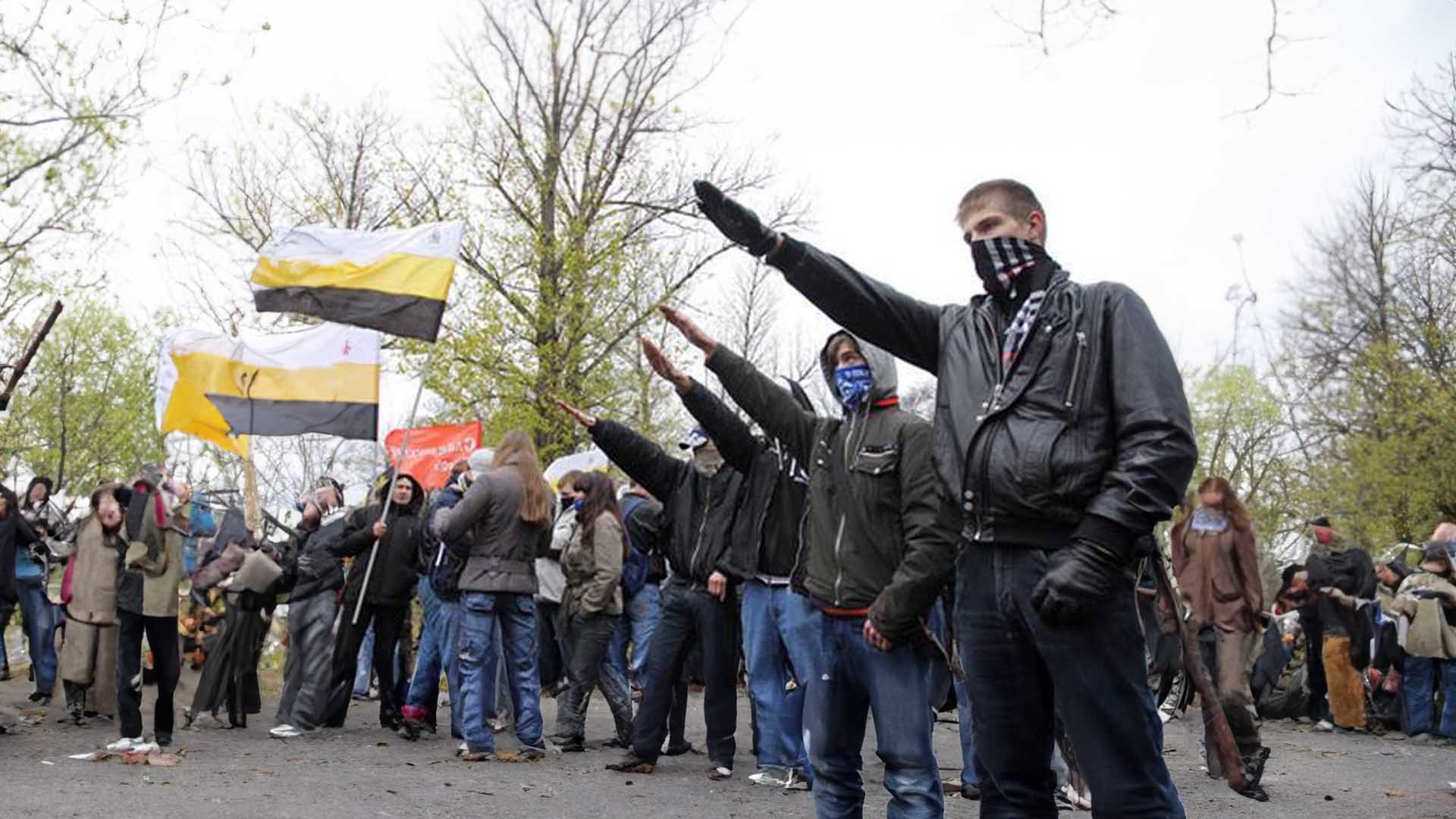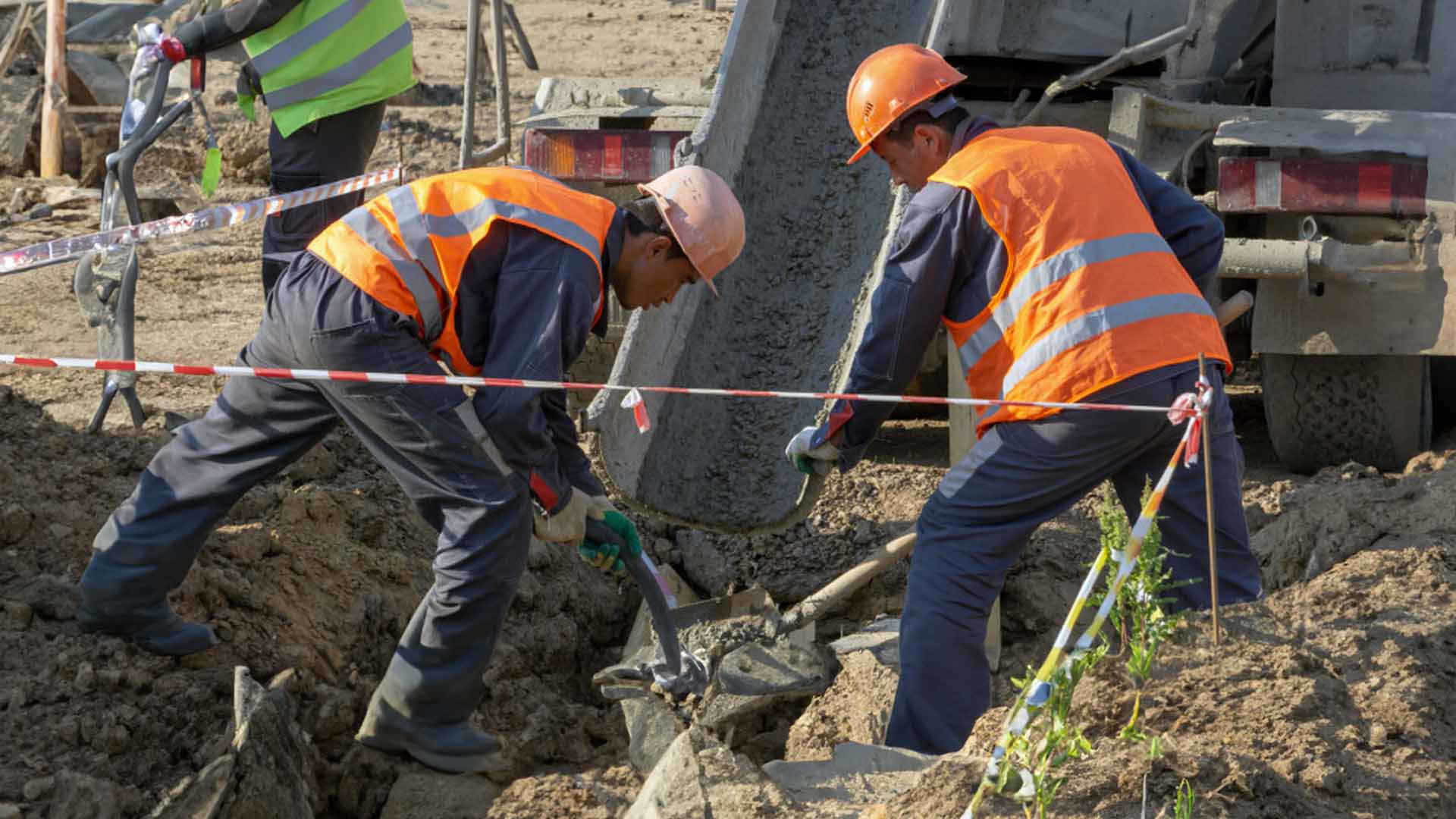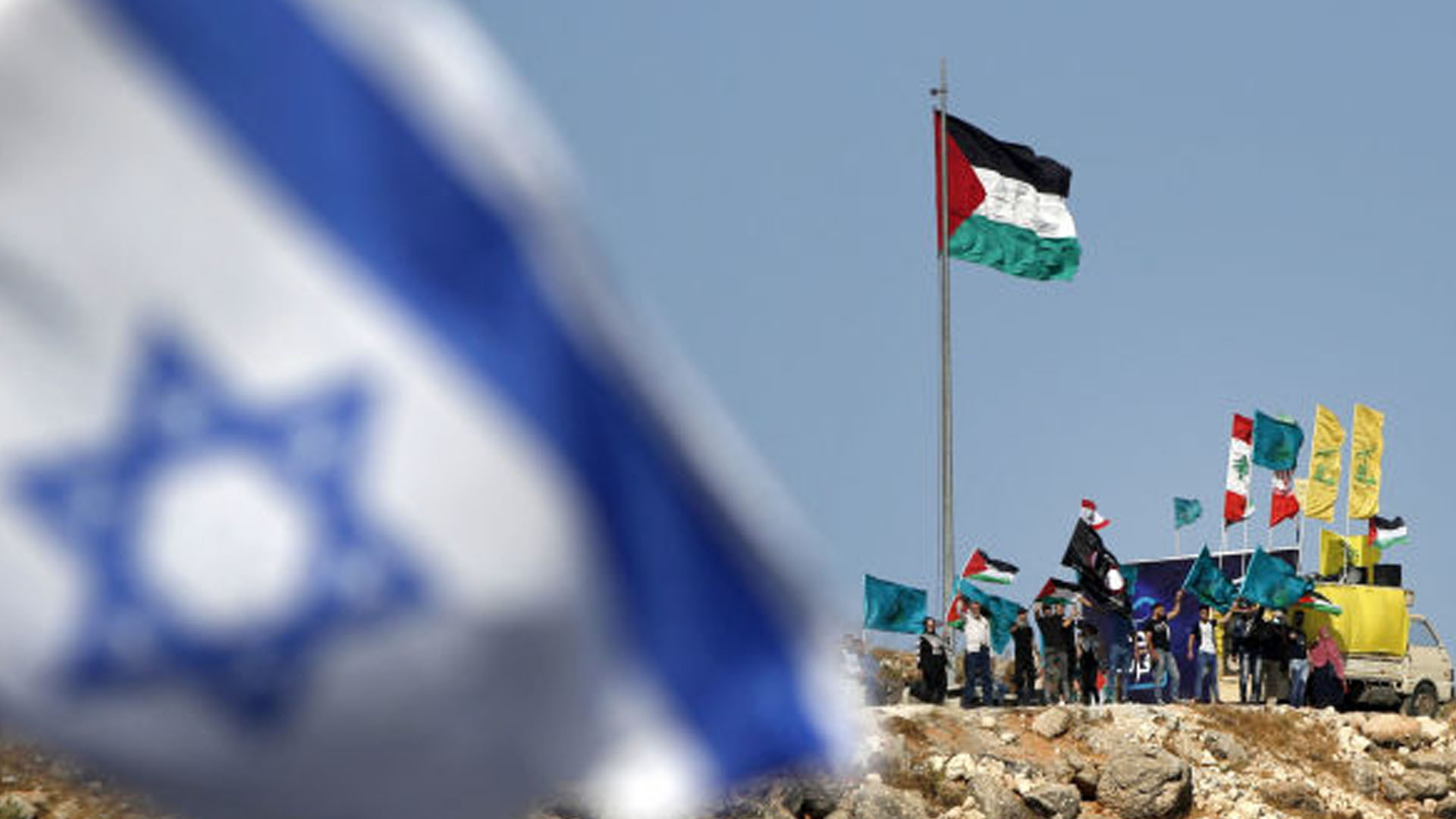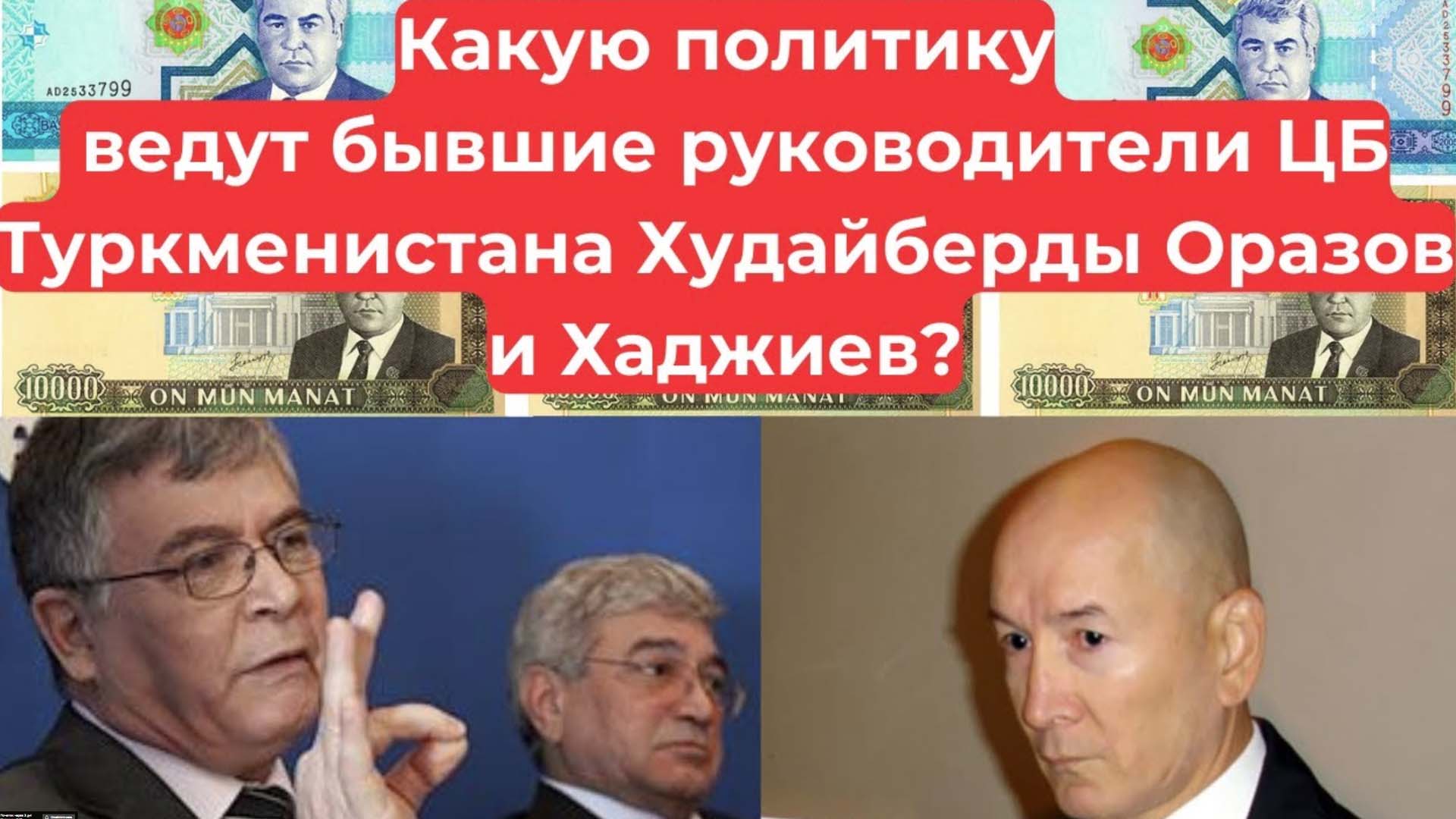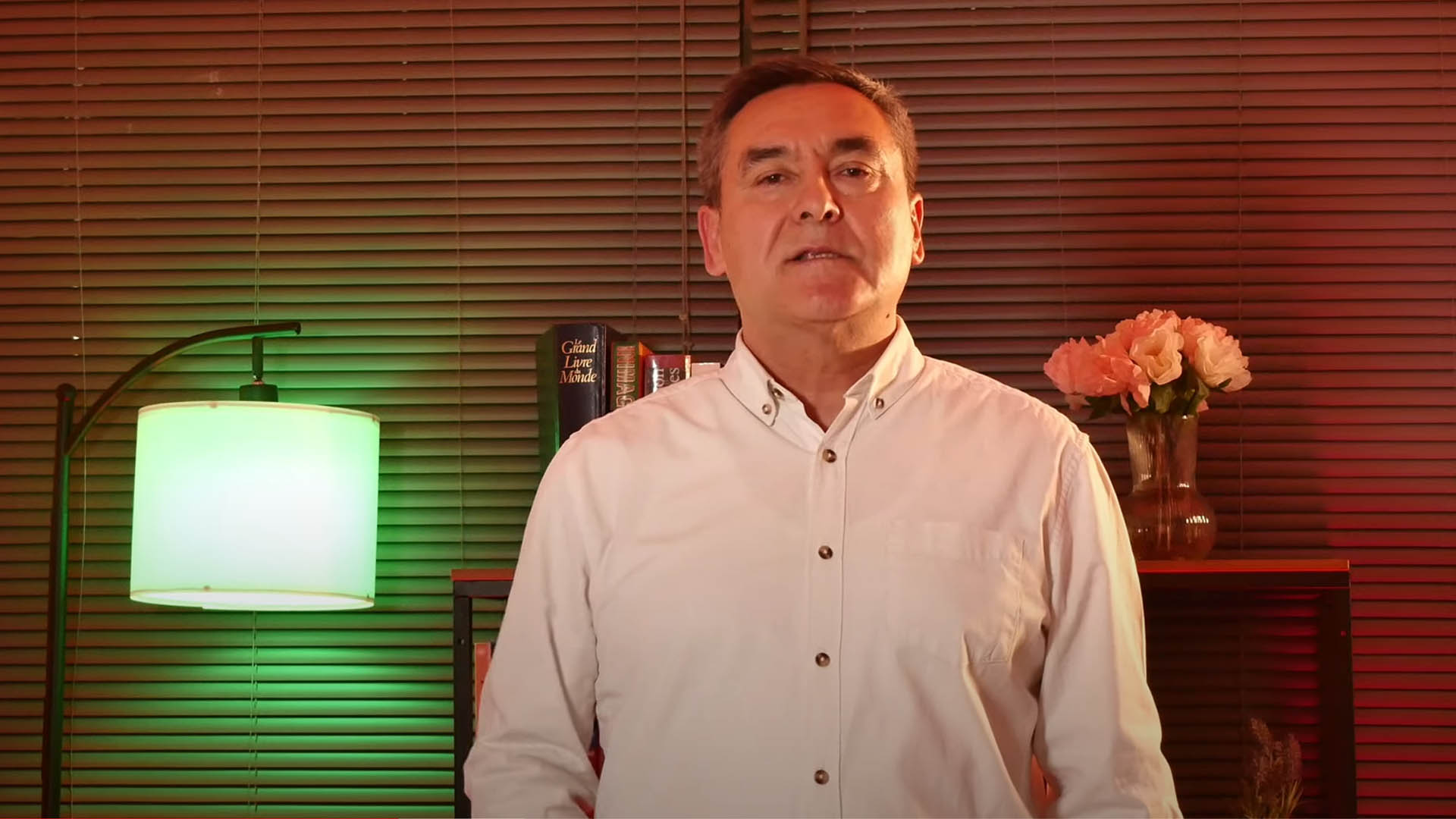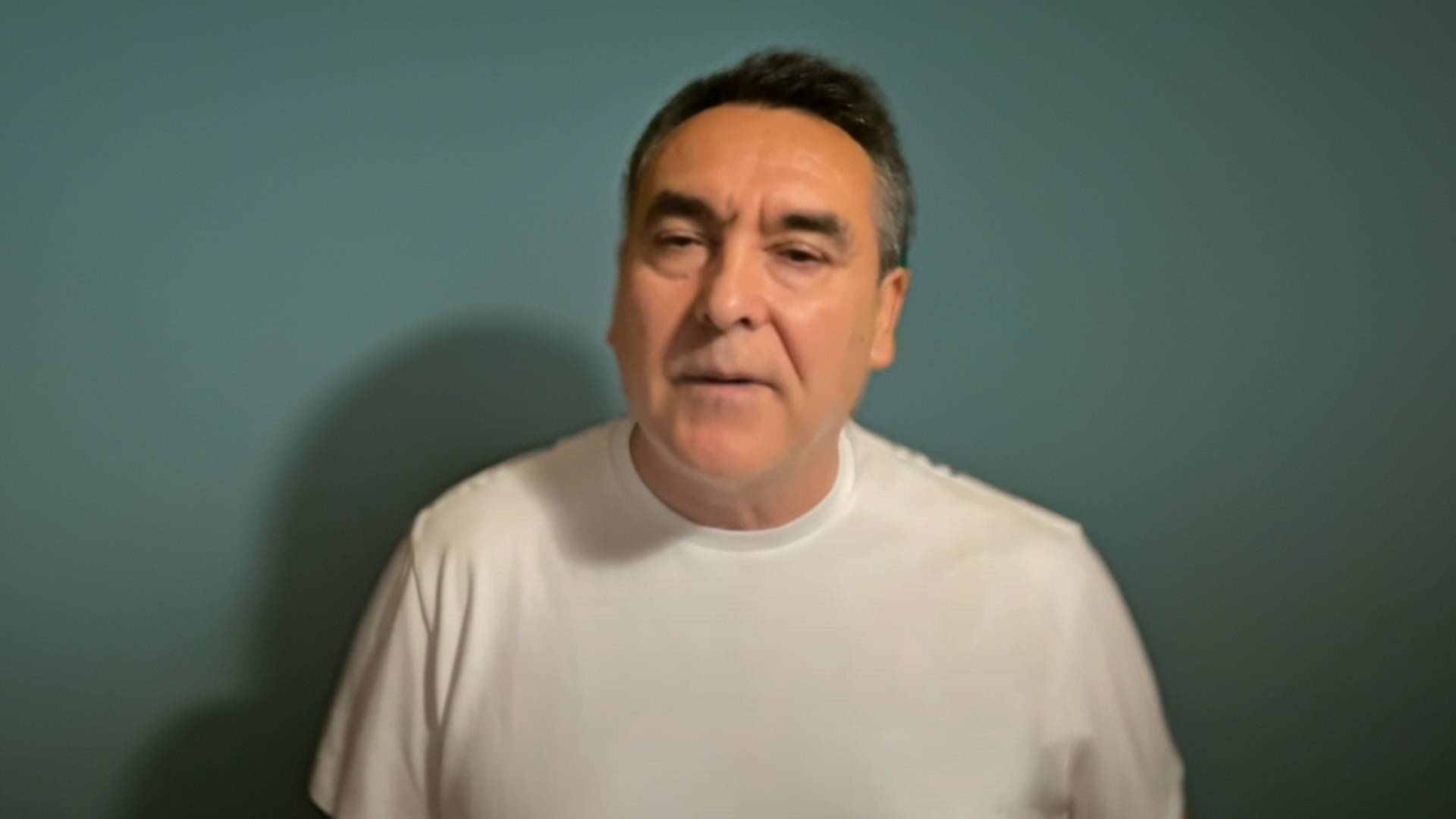In Turkmenistan, as in most countries of the world, the Internet appeared in the 1990s. Despite the negative attitude towards the Network of the first President Saparmurat Niyazov, citizens were not prohibited from looking beyond the virtual world. The only thing is that in order to stop the emergence of independent providers, the authorities contributed to the monopolization of the state-owned Turkmentelecom and blocked sites where criticism of the regime could be voiced.
Later, in 2006, after Niyazov’s death, President Gurbanguly Berdimuhamedov, who came to power, declared that “the latest communication technologies should be available to every citizen” and even opened a couple of Internet cafes in Ashgabat. That’s all. The development of Internet technologies began to boil down to the fact that the authorities began to filter and decide what information to share with the citizens of Turkmenistan. Independent media were censored, some were even outlawed, and legal news turned into an ode to the Berdymukhamedovs. Then things reached the point of absurdity – at school meetings they began to instill in students that the Internet is as harmful as alcohol, drugs, nicotine…
The Ministry of National Security is responsible for the Internet in Turkmenistan, which was ordered by Gurbanguly Berdimuhamedov to “control the Internet in accordance with the requirements” and “to limit the work of Internet sources on the territory of our country that disseminate information that harms the constitutional order of our state, is directed against society, distorts reality, promoting terrorism, extremism, nationalism and other illegal actions.”
According to information from the ASIA-plus media group, in 2019 Turkmenistan adopted the law “On Cybersecurity”, for the implementation of which a separate Cybersecurity Service was created – and it is subordinate not to the Ministry of National Security, but to the Türkmenaragatnasyk agency (Turkmen Communications) of the Ministry of Industry and Communications. In February 2021, Serdar Berdimuhamedov, the son of Gurbanguly, who was to succeed his father as president in the spring of 2022, was appointed Deputy Prime Minister for Digitalization. Berdimuhamedov Jr., being unofficially recognized as the “heir”, managed to “try on” many positions, among which Deputy Prime Minister is one of the highest.
Well, in November 2022, Turkmen.news received a document marked “for official use” approving the composition of the cybersecurity commission. As it turned out, the commission was created personally by Serdar Berdimuhamedov in April 2022, that is, a month after he was declared the winner of the presidential election.
The chairman of the commission was the Minister of National Security, and the members included the deputy head of the Agency for Transport and Communications, the head of TurkmenSvyaz, the chairman of the Supreme Court, the Prosecutor General, almost all government ministers (from the head of the Ministry of Defense to the head of the Ministry of Education), the chairman of the Central Bank, the head of the Academy sciences of Turkmenistan, khyakims of velayats (heads of regions), rectors of a couple of universities. Anyone but representatives of the aforementioned Cyber Security Service.
It is also known that as of 2020, the lion’s share of citizens of Turkmenistan (80%) had mobile phones, and only 26% used the Internet, including 2% who made purchases online, and 1% had accounts on social networks. Which indicates that now the level of Internet use in Turkmen society is stuck at the level of global indicators in the 2000s. The quality of services provided in the country leaves much to be desired: after all, the Internet speed could be matched to that existing in other Central Asian countries, but there are suspicions that it is not being deliberately accelerated. Also, many pages and sites “harmful” for Turkmenistan are still blocked. Until a certain time, users circumvented the bans using a VPN, but the Ministry of National Security and the Cyber Security Service became sophisticated in blocking these IP addresses. By the end of last year, 2.5 billion IPs were on the blacklist. For comparison, there are only about 4 billion of them worldwide.
In addition, for many intelligence service employees, blocking has become a way to make money through corruption. Everyone knows that in Turkmenistan, money and its quantity decide a lot. For a bribe of several thousand dollars/month. It’s not a problem to turn a “black list” into a “white” one, but in order to run social networks, the main thing is not to forget one rule – no criticism of the authorities. Otherwise, you will immediately have to serve a prison sentence.
It is quite clear that the Berdimuhamedov family is not subject to restrictions on Internet networks on the territory of Turkmenistan. Both father and son receive any information without any restrictions. But despite this, during his reign, did he really never have the courage to study the real situation in his own country..?


